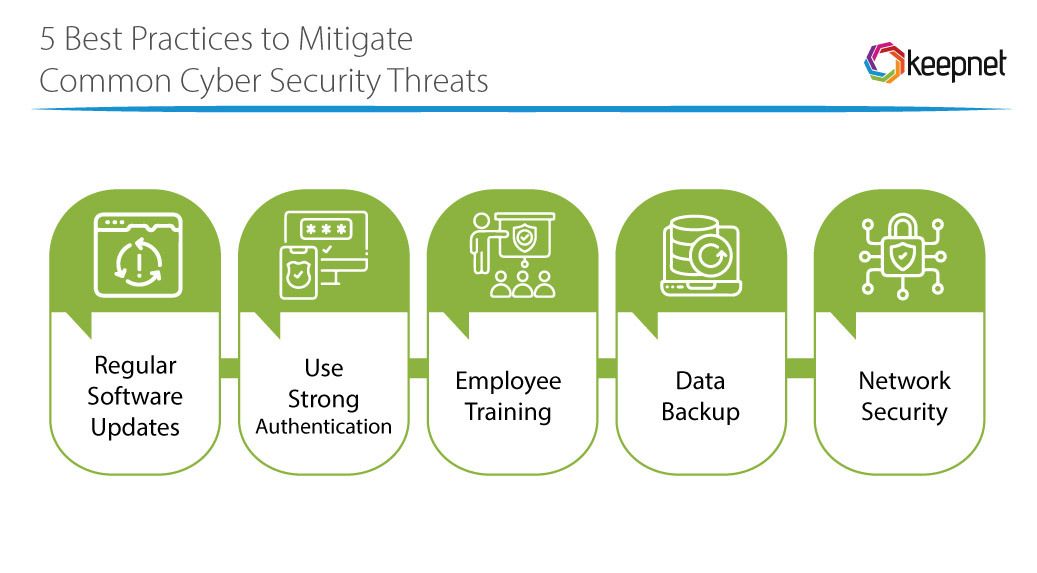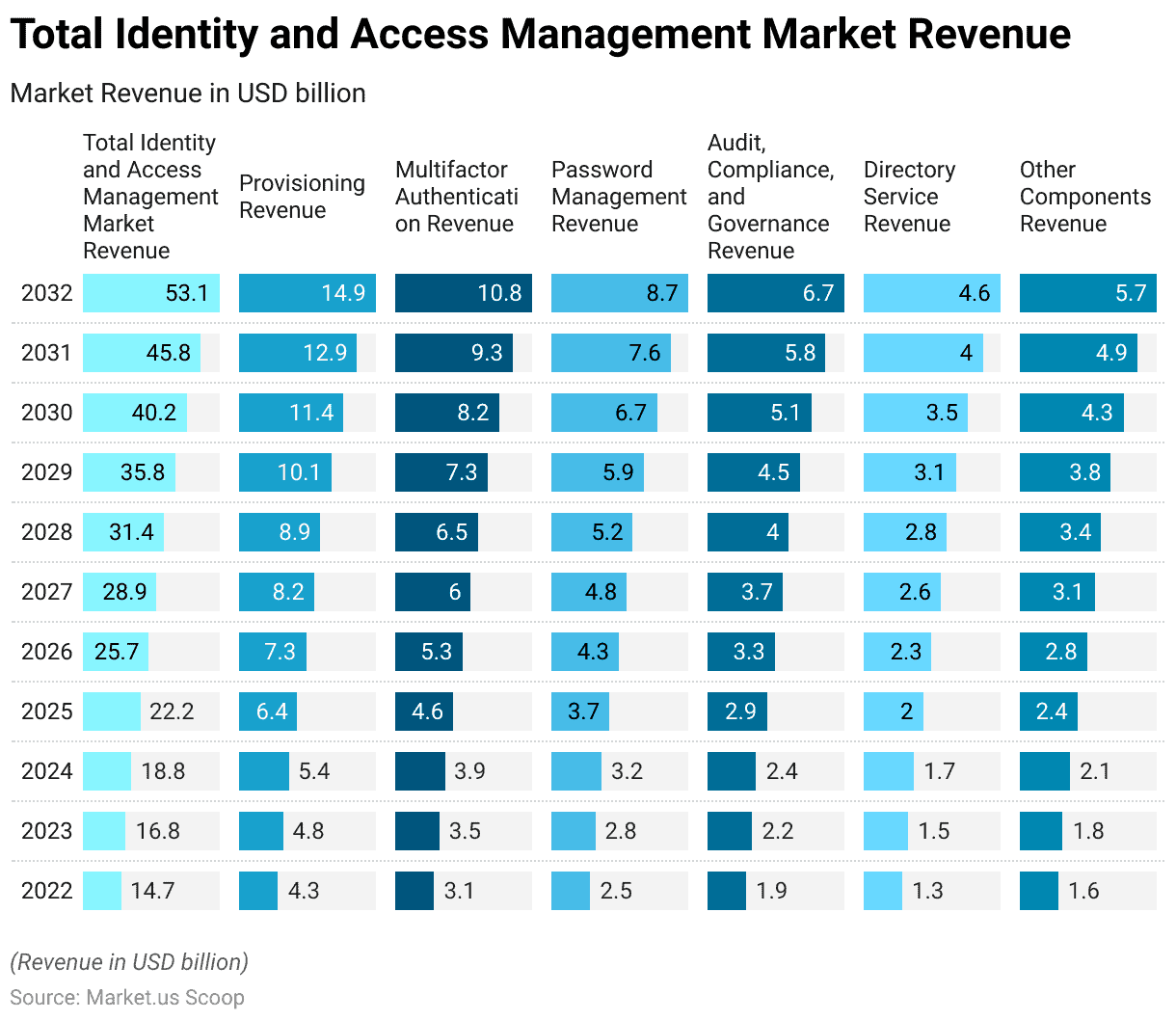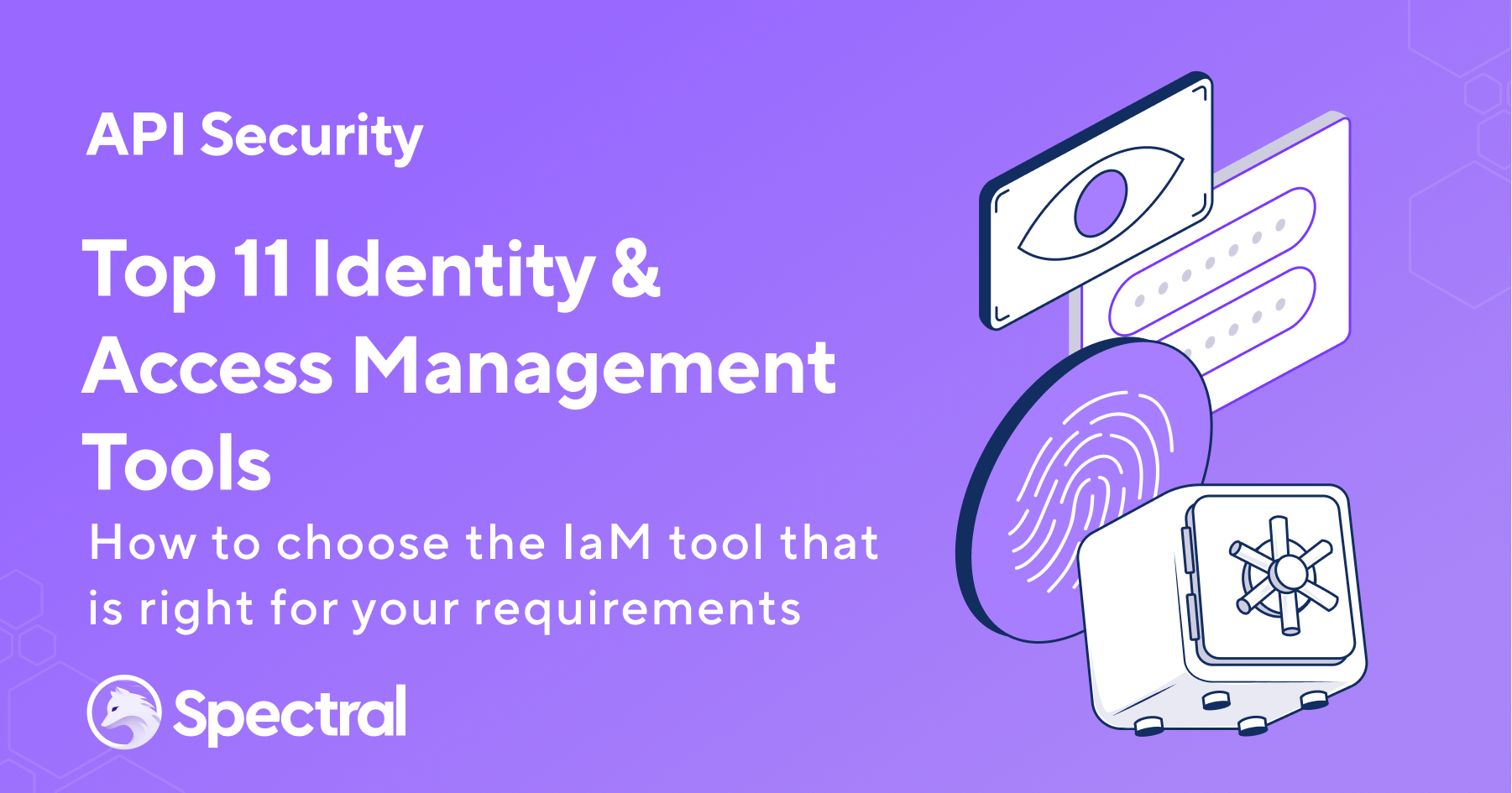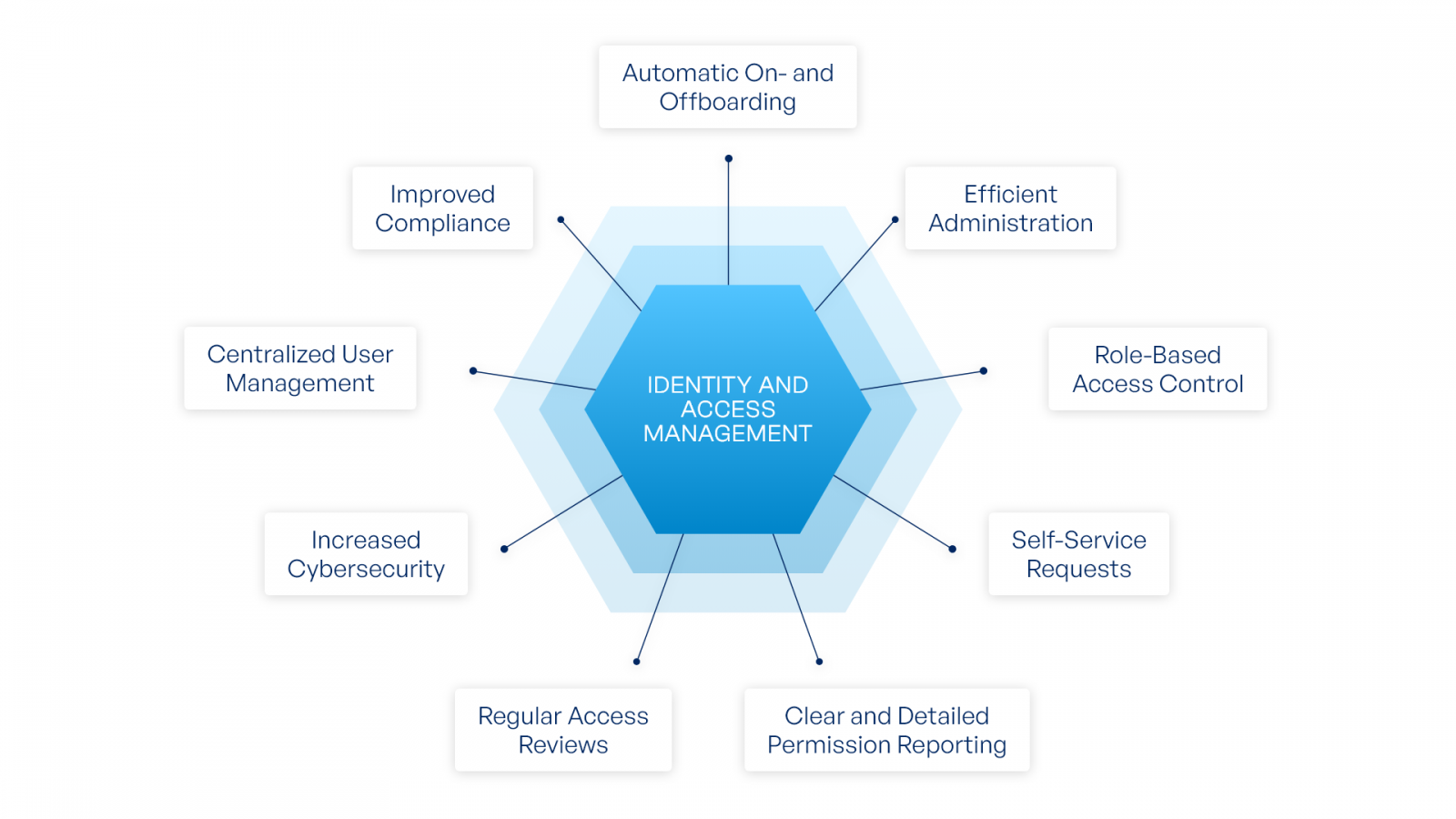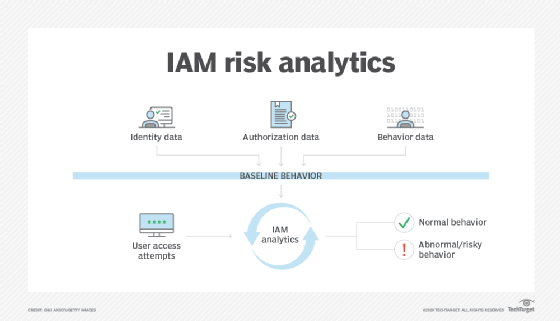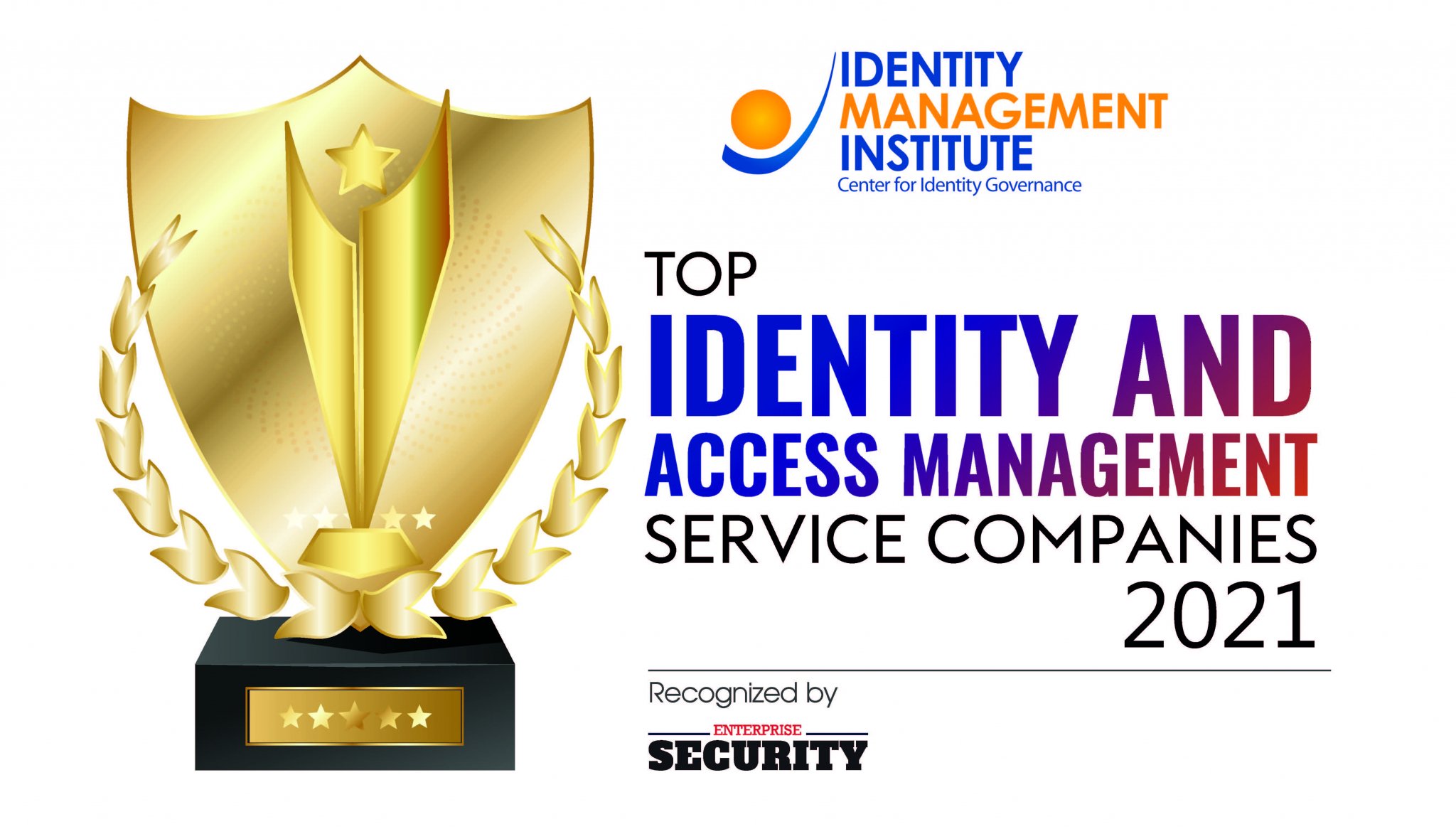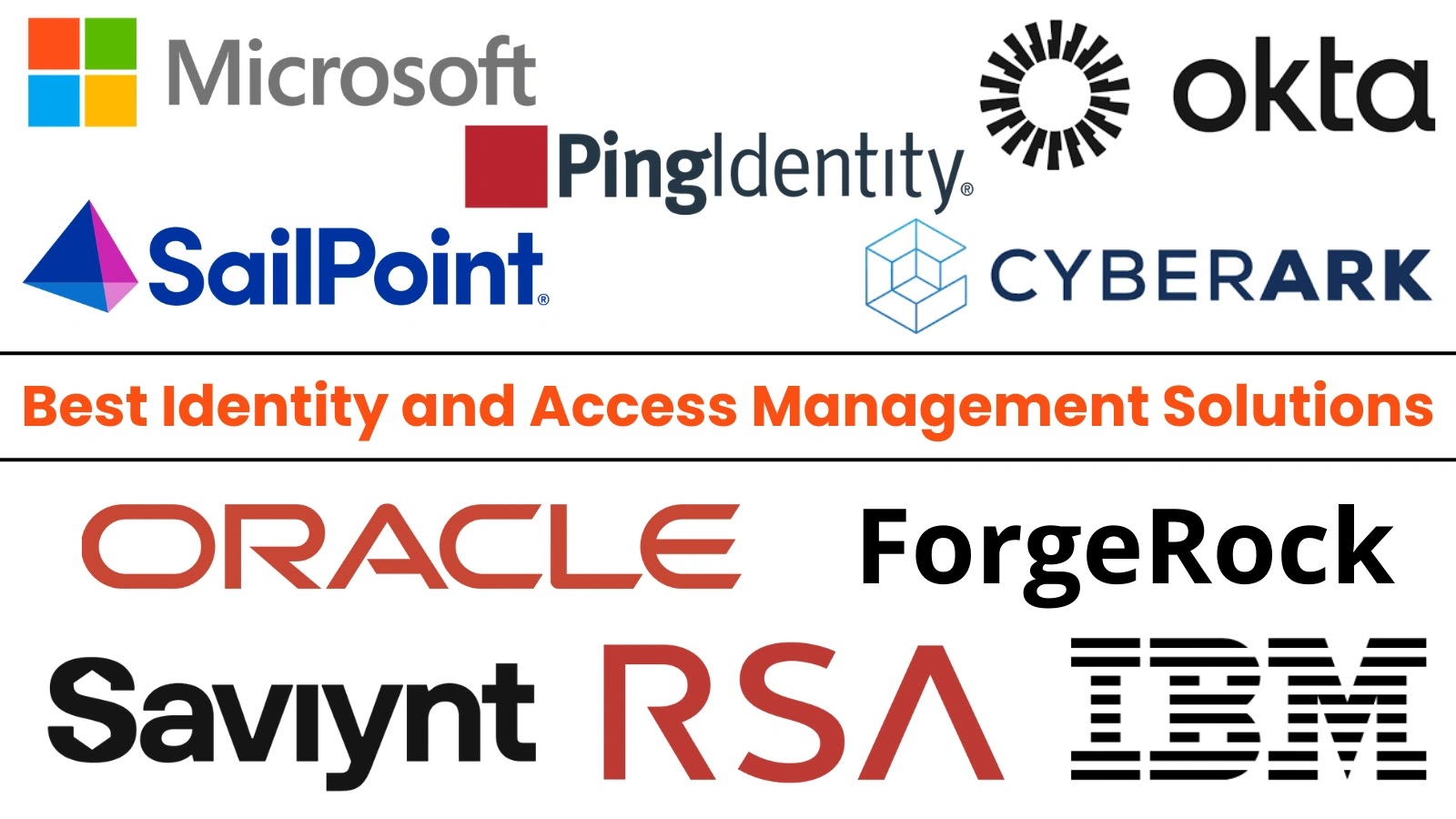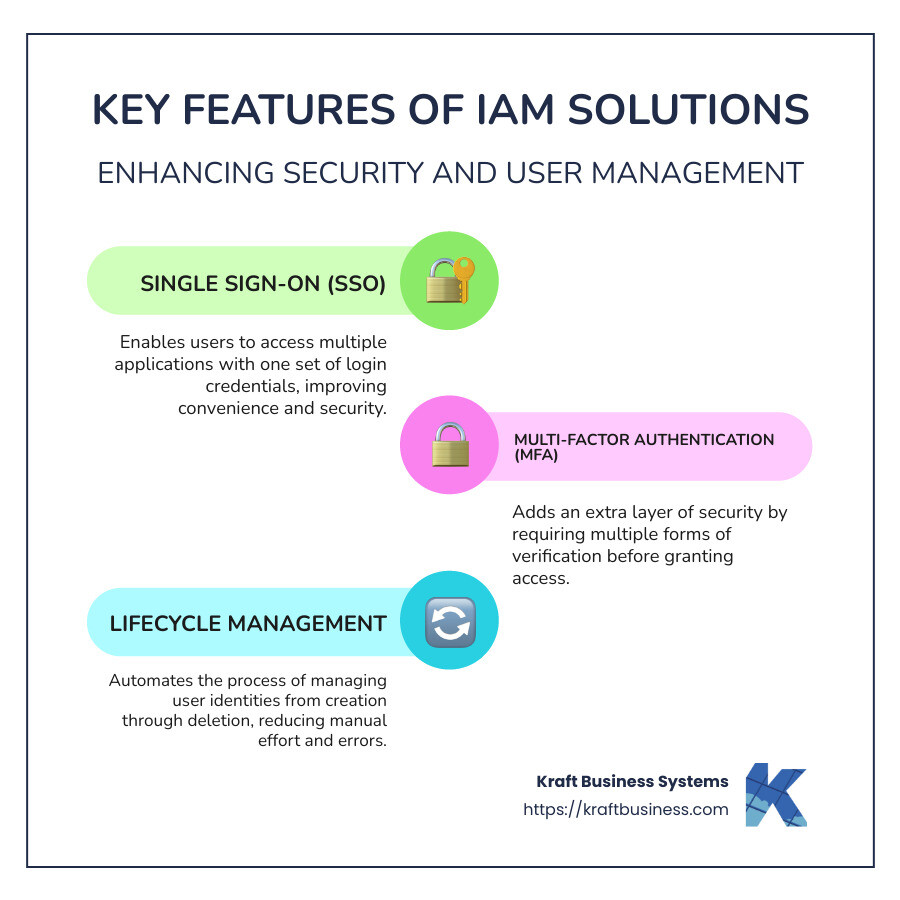The Top 5 Cyber Security Threats You Need to Know About
Cyber security threats are constantly evolving, posing significant risks to individuals and organisations alike. Understanding the most prevalent threats is crucial for safeguarding your digital assets and sensitive information. Here are the top 5 cyber security threats that you need to be aware of:
Phishing Attacks
Phishing attacks remain one of the most common and effective cyber security threats. Cyber criminals use deceptive emails, messages, or websites to trick individuals into divulging confidential information such as login credentials, financial details, or personal data. It is essential to be cautious when interacting with unsolicited communications and to verify the legitimacy of requests before sharing any sensitive information.
Ransomware
Ransomware is a type of malicious software that encrypts files on a victim’s device and demands payment for their release. Ransomware attacks can have devastating consequences for individuals and businesses, leading to data loss, financial extortion, and operational disruptions. Regularly backing up data, implementing robust security measures, and staying vigilant against suspicious links or attachments can help mitigate the risk of falling victim to ransomware.
Insider Threats
Insider threats refer to security risks posed by individuals within an organisation who misuse their access privileges for malicious purposes. Whether intentional or unintentional, insider threats can result in data breaches, intellectual property theft, or sabotage of critical systems. Implementing strict access controls, monitoring user activities, and providing regular training on security best practices are essential in mitigating insider threats.
DDoS Attacks
Distributed Denial of Service (DDoS) attacks involve overwhelming a target server or network with an excessive amount of traffic, causing it to become inaccessible to legitimate users. DDoS attacks can disrupt operations, degrade service quality, and incur significant financial losses for businesses. Employing DDoS mitigation tools, implementing network resilience measures, and collaborating with internet service providers can help defend against DDoS attacks.
Internet of Things (IoT) Vulnerabilities
The proliferation of Internet-connected devices in homes and workplaces has introduced new cyber security challenges due to IoT vulnerabilities. Insecure IoT devices can serve as entry points for attackers to compromise networks, steal sensitive data, or launch coordinated attacks. Securing IoT devices through regular updates, strong passwords, network segmentation, and encryption protocols is essential in mitigating the risks associated with IoT vulnerabilities.
By staying informed about these top 5 cyber security threats and implementing proactive measures to enhance your digital defences, you can better protect yourself against potential cyber attacks and safeguard your online presence.
Understanding and Mitigating the Top 5 Cyber Security Threats: Essential FAQs for Individuals and Organisations
- What are the top 5 cyber security threats?
- How can I protect myself from phishing attacks?
- What should I do if I fall victim to a ransomware attack?
- How can organisations prevent insider threats?
- What measures can businesses take to defend against DDoS attacks?
- How can individuals secure their IoT devices?
What are the top 5 cyber security threats?
One of the most frequently asked questions in the realm of cyber security is, “What are the top 5 cyber security threats?” This question reflects a growing concern over the ever-evolving landscape of digital risks that individuals and organisations face. The top 5 cyber security threats encompass a range of sophisticated tactics employed by malicious actors, including phishing attacks, ransomware, insider threats, DDoS attacks, and vulnerabilities in Internet of Things (IoT) devices. Understanding these prevalent threats is essential for implementing effective security measures to protect against potential cyber attacks and safeguard sensitive information from falling into the wrong hands.
How can I protect myself from phishing attacks?
To protect yourself from phishing attacks, it is essential to be vigilant and sceptical of unsolicited emails, messages, or websites requesting sensitive information. Verify the legitimacy of the sender by checking email addresses or contacting the organisation directly through official channels. Avoid clicking on links or downloading attachments from unknown sources, as they may contain malware designed to steal your data. Enable multi-factor authentication for added security when logging into accounts and regularly update your passwords with strong, unique combinations. Educate yourself and others about common phishing tactics and encourage a culture of cyber security awareness to minimise the risk of falling victim to phishing attacks.
What should I do if I fall victim to a ransomware attack?
In the unfortunate event that you fall victim to a ransomware attack, it is crucial to act swiftly and follow a structured response plan. Firstly, isolate the affected device or network from the rest of your infrastructure to prevent the malware from spreading further. Next, report the incident to your IT department or a trusted cyber security professional for immediate assistance. Avoid communicating with the attackers or paying the ransom, as there is no guarantee that they will honour their promises. Instead, restore your data from backups if available and consider seeking help from law enforcement agencies or cyber security experts to investigate the attack and prevent future incidents. Lastly, use this experience as an opportunity to review and enhance your organisation’s security practices to better defend against future ransomware threats.
How can organisations prevent insider threats?
Organisations can prevent insider threats by implementing a comprehensive security strategy that focuses on both technical controls and employee awareness. Firstly, organisations should enforce strict access controls to limit employees’ access to sensitive data and systems based on their roles and responsibilities. Regular monitoring of user activities, especially those involving critical assets, can help detect any suspicious behaviour indicative of insider threats. Additionally, providing ongoing training and awareness programmes to educate employees about the risks of insider threats, the importance of data security, and the consequences of malicious actions can foster a culture of security within the organisation. By combining technological safeguards with proactive employee engagement, organisations can effectively mitigate the risk of insider threats and safeguard their valuable assets from internal security breaches.
What measures can businesses take to defend against DDoS attacks?
Businesses can implement several measures to defend against DDoS (Distributed Denial of Service) attacks and mitigate their impact on operations. Firstly, investing in robust network infrastructure and bandwidth capacity can help absorb and mitigate the effects of a DDoS attack. Employing DDoS mitigation services and tools, such as dedicated hardware or cloud-based solutions, can provide real-time monitoring and automatic traffic filtering to identify and block malicious traffic. Developing a comprehensive incident response plan that outlines roles, responsibilities, and escalation procedures in the event of a DDoS attack is essential for swift and coordinated action. Regularly testing the effectiveness of mitigation strategies through simulated DDoS attack scenarios can help businesses fine-tune their defences and improve resilience against potential threats. Additionally, collaborating with internet service providers (ISPs) to implement traffic scrubbing services and establishing communication channels with relevant authorities can enhance the overall readiness of businesses to combat DDoS attacks effectively.
How can individuals secure their IoT devices?
To secure their IoT devices, individuals can take several proactive measures. Firstly, it is essential to change default passwords on IoT devices to strong, unique passwords to prevent unauthorised access. Regularly updating the firmware and software of IoT devices ensures that known vulnerabilities are patched, enhancing overall security. Implementing network segmentation by creating separate networks for IoT devices can isolate potential threats and limit their impact on other connected devices. Enabling encryption protocols such as WPA2 or WPA3 on Wi-Fi networks adds an extra layer of security for IoT communications. Lastly, being cautious about granting permissions to third-party apps or services that interact with IoT devices helps prevent data breaches and unauthorised access to personal information. By following these best practices, individuals can strengthen the security of their IoT devices and reduce the risk of cyber attacks.

